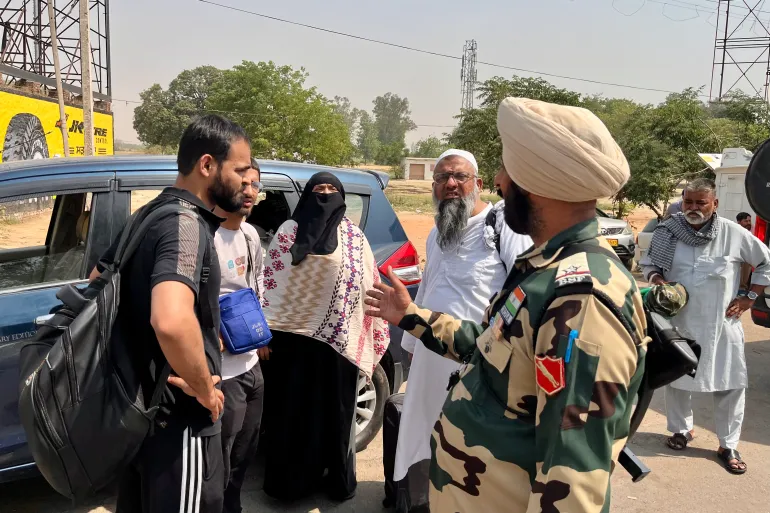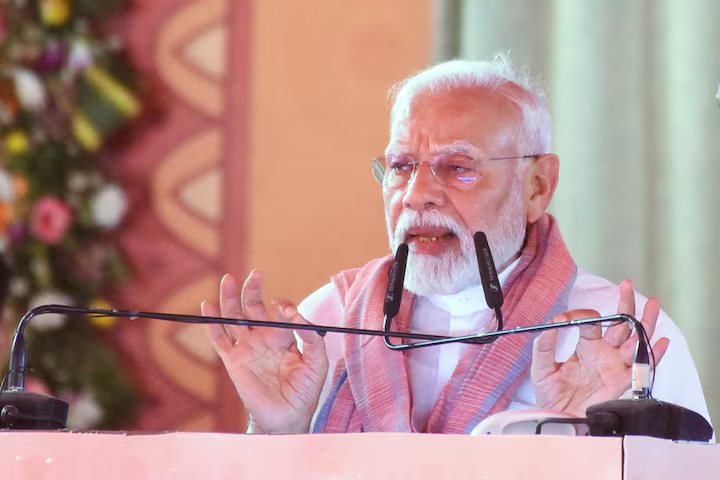
In the aftermath of the April 22 attack in Pahalgam, Indian-administered Kashmir, which resulted in the deaths of 26 civilians, India has accused Pakistan of supporting the assailants—a claim Pakistan denies. In response, India has expelled Pakistani nationals, suspended the Indus Waters Treaty, and closed the Attari-Wagah border crossing. Pakistan has reciprocated by closing its airspace to Indian flights and suspending trade.
These actions have led to the separation of families with cross-border ties. For instance, Saira, a Pakistani national married to Farhan, an Indian citizen, was forced to leave India without their nine-month-old son, Azlan, who holds an Indian passport. Similarly, Haleema Begum, a 48-year-old Pakistani woman, had to return to Pakistan, leaving behind her Indian-national children.
Approximately 750 Pakistani passport holders have crossed back into Pakistan since April 22, while about 1,000 Indians have returned from Pakistan. The border closure has disrupted lives, separating families and affecting individuals seeking medical treatment or attending family events.
The situation underscores the human cost of escalating tensions between the two nations, with families bearing the brunt of geopolitical conflicts.
Source: Al Jazeera



